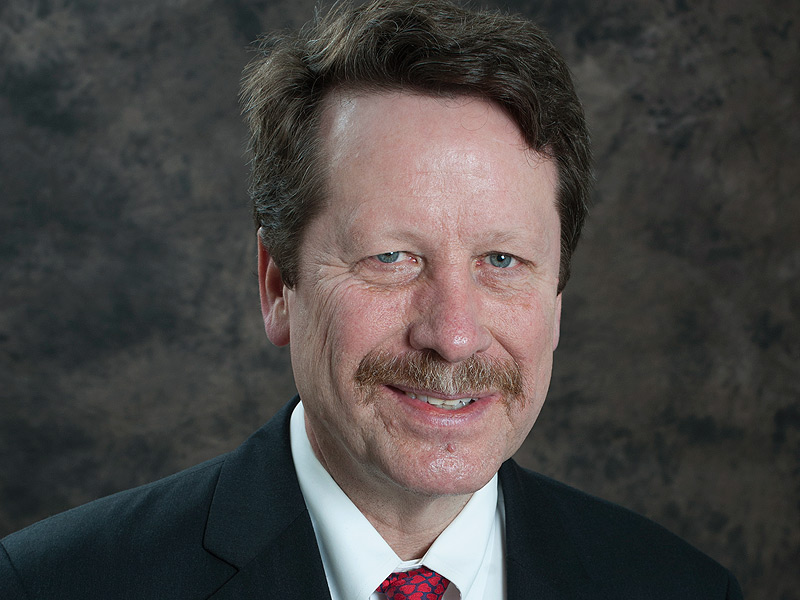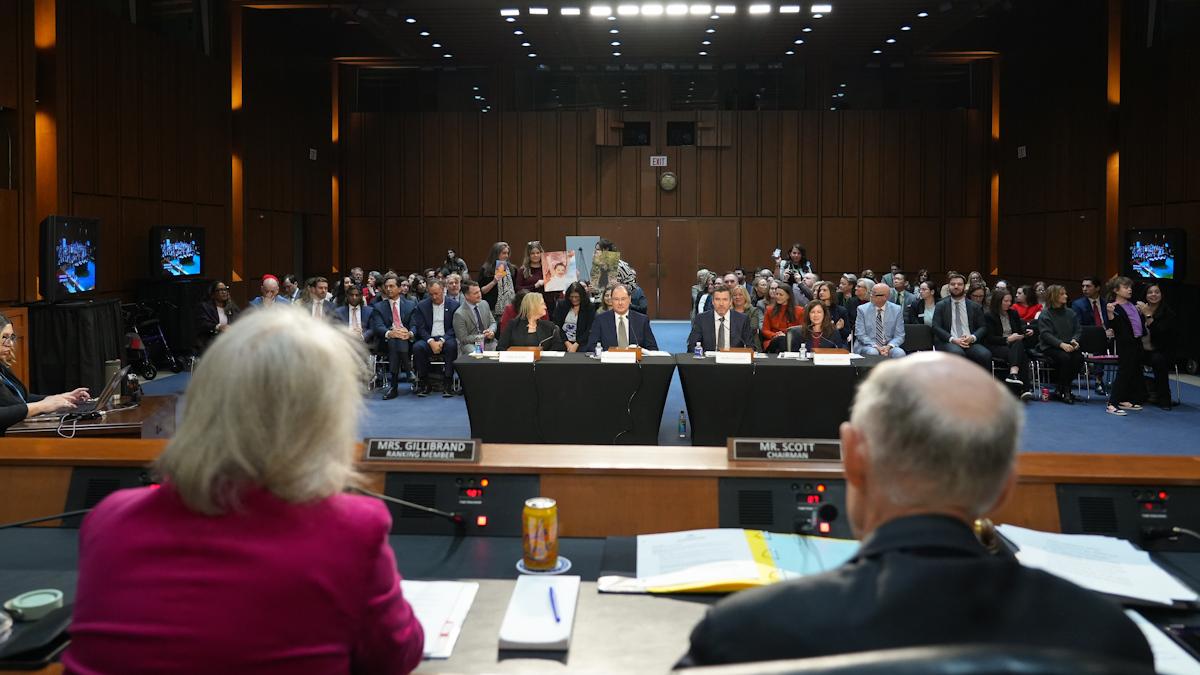Califf pledges not to use 'revolving door' between FDA and industry

Robert Califf has made a series of commitments to try to win over senators reluctant to back his nomination as the next FDA commissioner, ahead of the deciding vote on his appointment.
In a letter to one of those he needs to win over – senior Democrat Senator Elizabeth Warren – Califf has said he will not take up any employment or payment from pharma or medical device companies he interacts with whilst at the regulator for four years after he leaves.
That is twice the usual period for a head of the FDA, and aims to resolve longstanding criticism that there is a revolving door between the regulator and industry that needs to be closed.
In one example, former FDA Commissioner Scott Gottlieb – who faced close scrutiny of a network of business dealings with pharma before his appointment – joined Pfizer's board just a few weeks after leaving the government post.
At his nomination hearing in December, independent Senator Bernie Sanders pointed out that after Califf left his first stint as FDA commissioner in 2017 he received consulting fees from Merck & Co, Biogen and Eli Lilly.
Califf also acknowledged $8 million in stocks of drug companies in his financial disclosure form after being nominated to return to the post by President Joe Biden, and some senators are also concerned by a close relationship with Alphabet-owned Verily Life Sciences – said to have brought him $2.7 million in fees.
In the latter to Warren, Califf writes he is "willing to voluntarily extend the recusal period from two years to four years for all particular matters involving companies with which I have a previous working relationship."
The former commissioner was billed as practically a shoo-in when his nomination was first announced by Biden, but getting over the finish line this time looks like it may be harder.
He secured the backing of the influential Senate Committee on Health, Education, Labour and Pensions (HELP) by a 13 to eight vote last month but lawmakers on both sides are still holding out.
While they generally vote along party lines in these matters, there are at least five Democrats who have indicated they will oppose Califf's nomination, according to Politico, because of concerns over his industry links as well as the agency's past handling of the opioid crisis.
The Senate split is 50:50 on party lines, and with only four Republicans saying publicly they will support him, Califf's nomination now seems less than assured.
In the letter, Califf also promises to recuse himself from any matters before the FDA involving Duke University, which he left in 2019 after setting up its Health Data Science Centre, a group that received funding from the pharma industry for clinical trials.
He also says that after his tenure at the FDA – if confirmed – he will "pursue opportunities in higher education to help educate the next generation of medical leaders."
Senate Majority Leader Chuck Schumer hasn't yet set a date for full Senate vote on Califf's nomination, probably because the outcome remains uncertain, which means acting commissioner Janet Woodcock will stay at the helm for now.
The FDA has now gone more than a year without a permanent leader.













